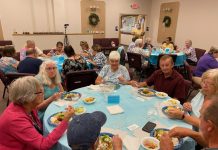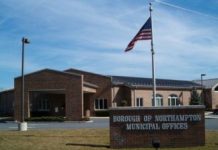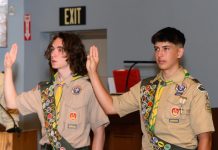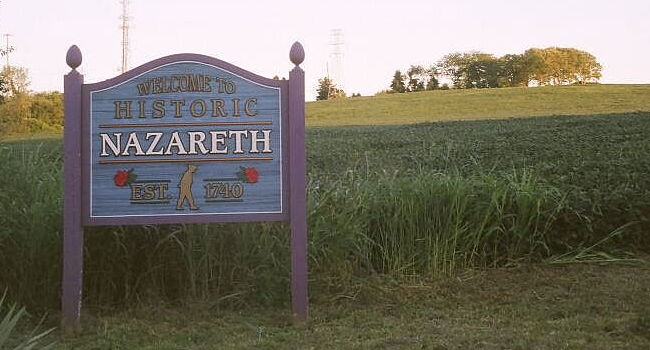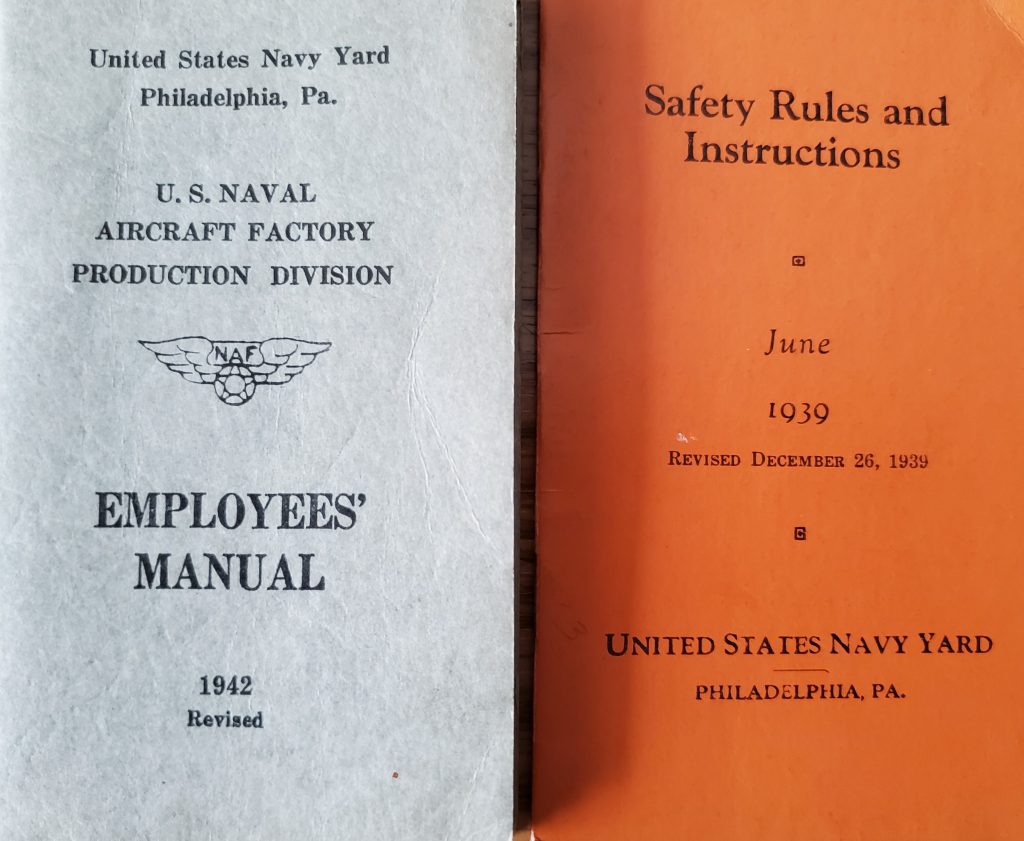
In this column I am at the home of my neighbors Greg and Catherine Csencsitz, recalling her father’s military service and her mother’s employment at the Philadelphia Navy Yard. I have been there for eight hours, I better leave now!
Her mother Philamay Wadzinski was born on July 25, 1921 in Nanticoke, Pa. in the anthracite coal region of Pennsylvania. An honor student, she graduated from Nanticoke High School and enrolled in Wilkes College. Unfortunately her father would not pay the tuition so Philamay dropped out of school.
She did complete a course that Penn State College (now University) was offering in the community. The course was a defense training program. The 180-hour course was entitled ORD-Ordinance Inspection, taught by the engineering science managerial program.
The Philadelphia Navy Yard was advertising for employees. We were in World War II so Philamay applied for a job and boarded a bus to Philadelphia. When she reached the yard, the fenced entrance was guarded by two armed sailors. Ms. Wadzinski was called to the employment office and faced a stern Naval officer who interviewed her. Nervous, she was relieved when he said, “You are now an employee of the Navy yard.”
Awed by the size of the yard, Philamay had walked into a page of history. The Naval yard dated back to 1775-76, before the United States was a nation. Here, small ships were constructed and young sailors, many untrained, faced the world’s mightiest Navy, the Royal Navy of England; a Navy was born.
When Philamay was hired, the yard employed 40,000 people building ships as the famous battleships New Jersey and Wisconsin.
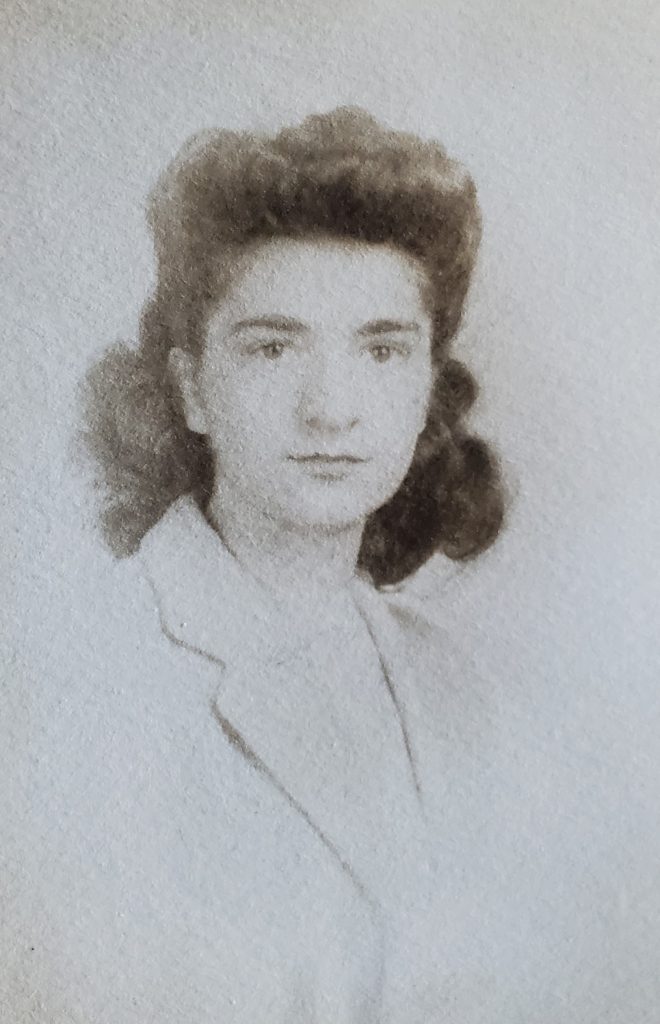
She was assigned to the Naval Aircraft factory on the base to learn the machinist trade. The factory built experimental aircraft and milled special aircraft parts not made in civilian aircraft factories. In the past they made special planes to protect naval convoys.
Philamay was given booklets on safety rules and a 1942 employee manual for the U.S. Naval Aircraft Production Division. Some of the rules were interesting, such as the following:
“Employees of foriegn parents or natural citizens should show good judgement by speaking English only at all times.”
Sabotage and Disloyalty- While it is not desirable to everybody to be in a “witch hunt,” nonetheless suspicious actions on the part of anybody should be at once reported to your supervisor.
Debts- An employee who disregards his just debts to merchants or for professional services rendered to him is considered unsuitable for government employment.
Gambling- Employees are forbidden to participate in any game of chance in the Navy yard, either during or after working hours. Included are bets, wages, dice, cards, punch boards, football, baseball pools.
Section V- How To Keep Out of Trouble
You followed the rules or were discharged on the spot.
When Ms. Wadzinski returned home, her sister paid her tuition to Wilkes Barre Business College where she earned an Associate Business Degree. She was then hired by the Retreat State Hospital outside of Nanticoke to work in the office.
In two weeks we will buy a 1943 War Bond.

